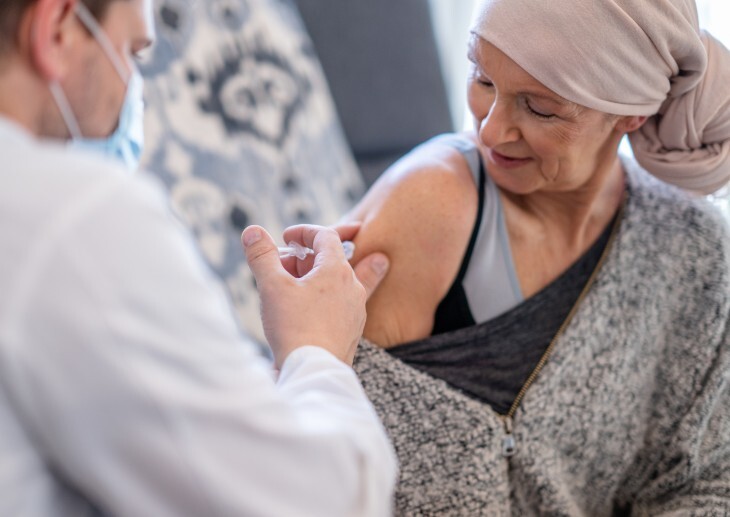Eight ICBs will work with the NHS Race and Health Observatory (RHO) to assess disparities in maternal, perinatal and neonatal health outcomes for women from Black, Asian and ethnic minority backgrounds.
The newly launched Learning and Action Network will see nine trusts across eight ICBs take part in 15-months of peer-to-peer work to address gaps seen in severe maternal morbidity, perinatal mortality and neonatal morbidity.
The programme will combine Quality Improvement with ‘explicit anti-racism principles to drive clinical transformation’, the NHS RHO said.
Data indicates there are higher rates of maternal and baby deaths among Black and Asian women compared to white women.
NHS leadership and the Government have ‘underestimated’ the impact racism has in worsening outcomes in maternity care, the Women and Equalities Committee stated last year.
Its 2023 report found that black women in the UK are 3.7 times more like to die from childbirth than white women, while women in the most deprived areas 2.5 times more likely to die than those in the least deprived areas.
Participating ICBs include:
- Birmingham and Solihull ICS, Birmingham Women’s and Children’s Hospital NHS Foundation Trust
- Bristol, North Somerset & South Gloucestershire ICS
- Greater Manchester ICS, Northern Care Alliance NHS Foundation Trust
- Greater Manchester ICS, St Mary’s Hospital (Manchester University NHS Foundation Trust)
- Lancashire and South Cumbria ICS, Lancashire Teaching Hospitals NHS Foundation Trust
- Leicester, Leicestershire and Rutland ICS, University Hospitals of Leicester NHS Trust
- North Central London ICS
- North West London ICS, Imperial College Healthcare NHS Trust
- North East London ICS.
Established in partnership with the Institute for Healthcare Improvement and supported by the Health Foundation, the programme will run until June 2025.
Chief midwifery officer for England, Kate Brintworth, said: ‘One of our key ambitions in the NHS three-year delivery plan for maternity and neonatal services is to reduce inequalities for all in access, experience, and outcomes.
‘This new network will help to accelerate local improvements in maternity and neonatal services, helping to ensure safer, more personalised and equitable maternity care for all women, babies and families.’
NHS RHO’s chief executive Professor Habib Naqvi said: ‘It’s clear that long-standing racial disparities in maternal and neonatal health outcomes require urgent action. The mission of the Observatory is not just to highlight the scale of disparities, but to also provide practical, evidence-based solutions to those challenges. That’s why we’ll be working alongside healthcare providers, from across the country, to make practical progress in addressing these inequalities in a sustained and meaningful way.’
Last month, the Government announced that improving maternity care and supporting victims of domestic and sexual abuse are among the top priorities for women’s health in 2024.





